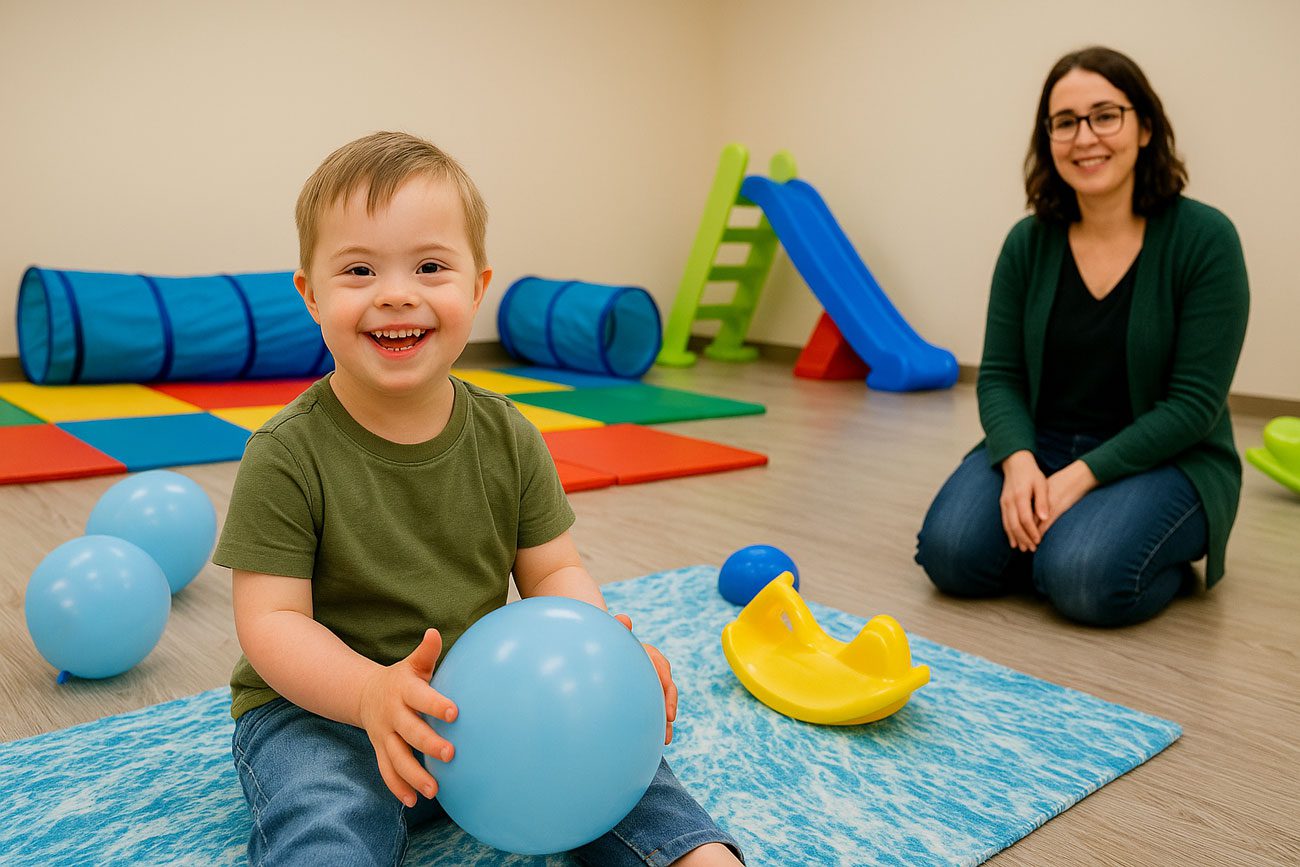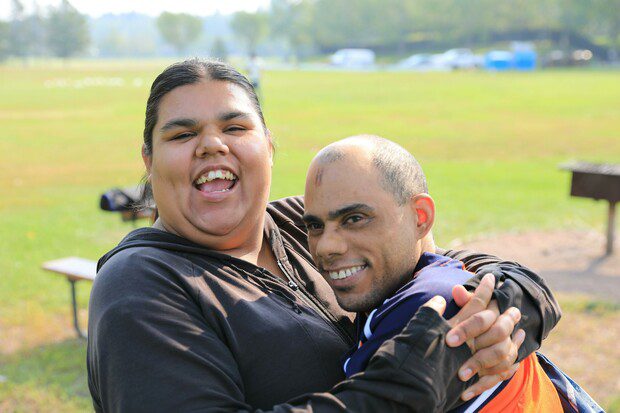
Part 1: The Assessment Process at Entrust

Mar 19, 2021
This two-part series provides a snapshot of Entrust's assessment process, supportive model and how our team-oriented approach benefits our clients and guardians.
Working Together from Day One
There's no better example of teamwork making the dream work than the staff and stakeholders working together to support the safety and wellbeing of an Entrust client. Communication and collaboration within the Entrust team starts from the assessment stage and continues the entire time a client is under our care.
Getting Started
Our assessment process starts right from our very first meeting with a client. Usually our Behavioural Support Director and Residential Services or Community Access Supports Director will attend the initial meeting with a client and guardian.
At this meeting, we start to get to know the client and guardian. We'll ask questions to gauge how well we can meet the client's unique needs within our residences.
We'll consider our current vacancies and determine if the client would be a good fit. For example, if the new client has sensory needs, is triggered by loud noises, and the potential roommate is very loud, then the placement may not be a good fit.
At this point, there is no commitment needed from the guardian. Our goal is to gather as much information as possible to see if and how our team can best serve the client based on his and his family's individualized needs.
Gathering Information
Our client's needs are complex and one of the things we're most proud of is our proactive approach to keeping our clients safe and supported through our Supportive Care Model. Our ability to be proactive with our clients starts at the assessment stage and relies heavily on the information we gather during the initial assessment phase and meetings with the client and guardian.
We cover a lot of topics and ask several specific questions during this meeting. We ask questions about things like:
- Current routines, interests and favourite activities
- Diagnosis, potential triggers, challenging behaviours and strategies that have been successful in the past
- Medical history and other health concerns, such as allergies, restrictions, dietary concerns, mobility concerns, sleep, hygiene
- Primary language of communication (mother tongue) and how they communicate (verbal, non-verbal)
- Safety and comfort levels with public and private modes of transportation
- Involvement with other stakeholders like COAST, OTs, PTs, school
- Experiences the client has had at home, at school, in previous residential placements or in a day program.
One Living Document
Every assessment at Entrust is documented and that document goes on to serve the staff and the client for the entire time the client is under our care.
As we get to know the client better, the staff members who interact with her can add information to the document. This document ensures every staff member who serves the client is up-to-speed with her specific needs, triggers, behaviours, likes, dislikes and so on.
This living document is an extremely effective communication tool for our staff and is instrumental in helping us remain proactive rather than reactive when caring for the client.
Collaboration During Orientation
Once we've collected this initial information from the guardian, our team gets to work to see how we can support the client.
Everyone's role here is intertwined—behavioural specialists, service managers, assistant managers, frontline staff, the scheduling team, maintenance staff—we all work collaboratively to best support the unique needs of the client.
Our staff builds potential routines and schedules to not only meet the client's needs, but also help him thrive under our care. We look at potential environmental interventions that would help keep the client safe and able to do the things he enjoys.
Team members make recommendations and share ideas to come up with the best proactive approaches for the client and her care. Although our Behavioural Specialists, Service Managers and the guardians share information and put together care plans, it's the frontline staff who work with the client every day and can have the most valuable input when it comes to care plans. Frontline staff provide our team with valuable information regarding the planned approaches and strategies, which helps us come up with new ideas while executing each client's care plan.
At Entrust, we understand that nothing can be done in isolation—we need each other's expertise.
